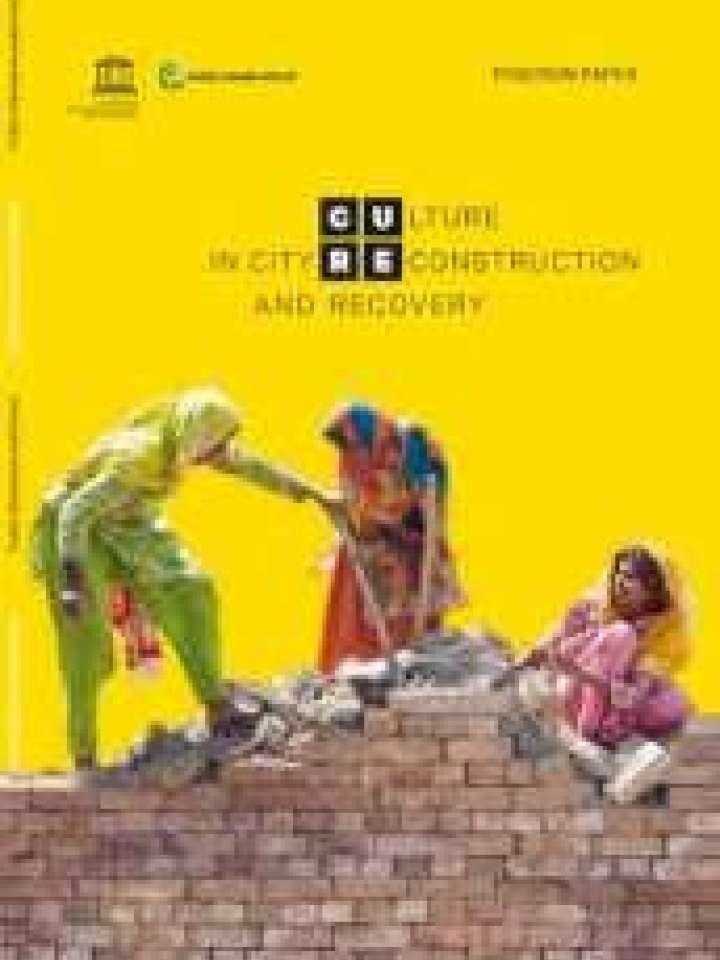Culture in city reconstruction and recovery
As urban growth and development continue at a breathtaking pace across the world, cities are increasingly bearing the brunt of conflicts, crises and disasters, which themselves are growing in number, magnitude and complexity. The convergence of these two trends – increasing urbanization and growing crises – demands an enhanced approach to city reconstruction and recovery, one that puts culture at its heart.
Elaborated by the World Bank and UNESCO, this paper outlines one such approach, the Framework for Culture in City Reconstruction and Recovery, also known as the CURE Framework. The CURE Framework is a culture-based approach to the process of city reconstruction and recovery in post conflict, post disaster and urban distress situations that accounts for the needs, values and priorities of people. It provides a roadmap for post-crisis economic development and the management of complex social, spatial, and economic transformations, while addressing the shortcomings of current reconstruction and recovery processes and enhancing their effectiveness and sustainability. The CURE Framework draws from existing frameworks and tools for reconstruction and recovery in urban settings, knitting together people-centered and place-based approaches into integrated policies that share a common cultural thread.
This paper serves as a guide for development practitioners, particularly the World Bank and UNESCO teams operating on the ground, as well as national and local authorities, planners, and international organizations to integrate culture, both as an asset and as a tool, in all phases of city reconstruction and recovery. The paper consists of three parts that analyze the evolution of reconstruction and recovery frameworks in recent decades, introduce in detail a dedicated framework for Culture in City Reconstruction and Recovery, together with key guiding principles, and provide operational guidance for their implementation.
Explore further
